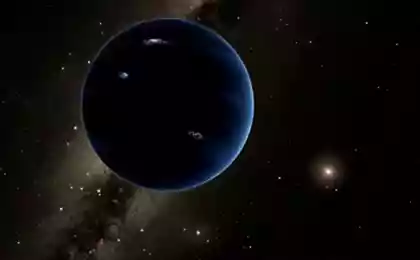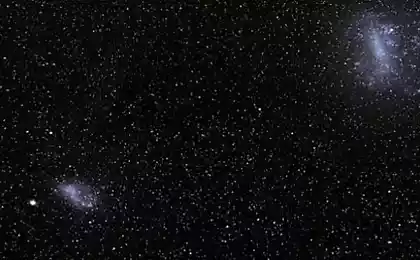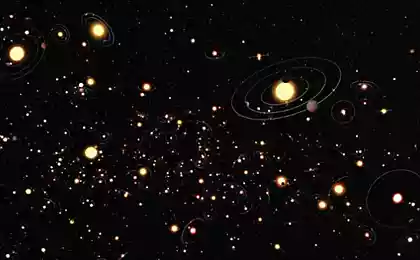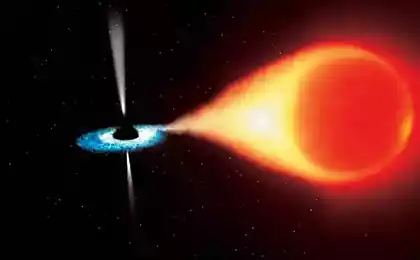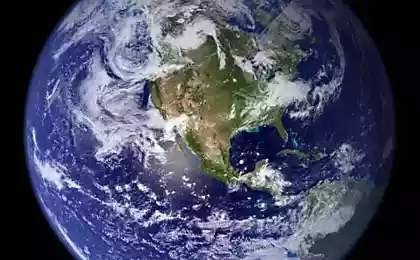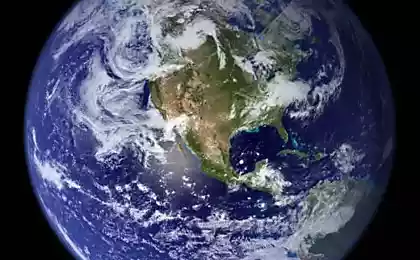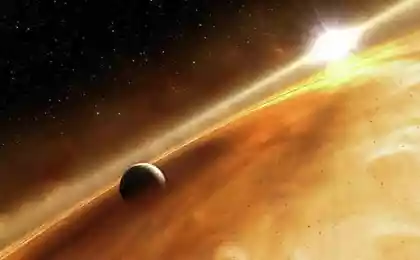581
Astronomers suggest that in 2013, the planet will be found a twin of the Earth
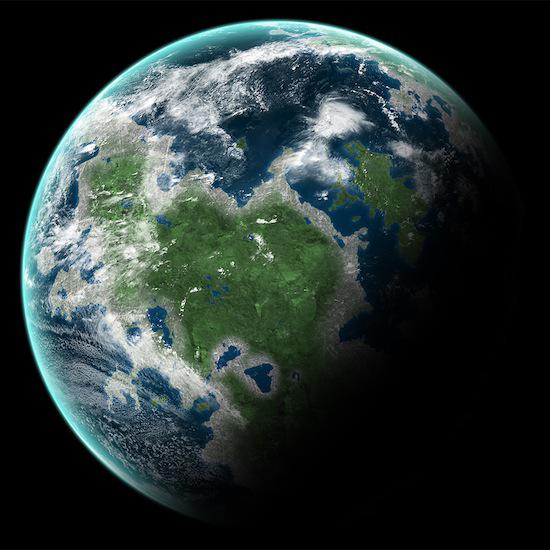
In recent years, it found a number of distant exoplanets, which more or less resemble our side - for example, size or surface temperature. However, complete twin of the Earth have not yet found. However, according to experts, we will find it very soon. Working in Arecibo Observatory astronomer Abel Mendez says: "I am almost certain that the first" twin "of the earth is found in the next year».
The trend, in fact, seems clear enough. The first exoplanet was discovered in 1995, and today we know them almost a thousand. Even more information about the "candidate" is waiting for confirmation. For example, the probe Kepler, working with Spring 2009, gained information on potential extrasolar planets in 2300, and only 100 of them have already passed all the necessary tests. Apparently, some time will be confirmed by observation of the order of 80% from 2300 exoplanet candidates.
With the improvement of astronomical instruments and computers, and there is "the desire to decrease." The first exoplanets were exceptionally large, many times larger than Jupiter, and close to their stars, making it easier surveillance of them. And today we find all the planets smaller and farther away from the star - closer to what is Earth.
For example, in December of the same Kepler discovered planet Kepler-22b only 2, 4 times larger than the Earth, in addition located in the "habitable zone" of its star, that is, at a distance, where it is not too hot or cold, and the water can remain liquid state. Such world known for some - they could theoretically be inhabited, but none of them really is not close to ours. Some of these "family" is much closer to the stars, and some - much larger Earth.
However, the discovery of the "twin" - the only question of time, and this is sure not the only one, Abel Mendez. Geoff Marcy of Berkeley says quite clearly: "The message of the first planet in size, orbit and characteristics of stars suitable for life, we will hear in 2013».
According to Mendez, and, and Marcy, landmark discovery will be made, probably, Kepler probe or ground spectrograph HARPS, working in the European Observatory La Silla in Chile. And then the number of such planets will grow: according to astronomers, the Milky Way has about 200 billion stars - and at least 50 billion planets. If we imagine that the "twin" of the earth among them only 0, 1%, we get an impressive figure of 5 million fine planets suitable for life in our galaxy alone.
Recent findings from the nearest star Tau Ceti seems to confirm these estimates, though one can not forget that almost as optimistic forecasts were given a couple of years ago - we talked about it in the article "Waiting brothers».
But when such a discovery would neither happened, it would mean for humanity much more than finding another exoplanet, which is today one can not be surprised. Geoff Marcy says: "We, the people peering into the night sky, as if crossing a huge ocean. And the first time we learn that in this ocean there are billions of islands and continents that can be populated entirely different animals and people. " The scientist hopes that the discovery stimulates mankind to start moving beyond the solar system.
"Sending robotic missions to the nearest stars will be the greatest tour what ever undertaken Homo sapiens, - adds Marcy. - This epochal task will require cooperation and contribution of all the major nations of the world. Only in this way we will make the first tentative steps in the ocean of space ».
Source: www.popmech.ru
via factroom.ru
Also feline "purr" as rabbits, squirrels, guinea pigs, tapirs, elephants, gorillas and raccoons
In the US, we developed a synthetic muscle that runs on water


